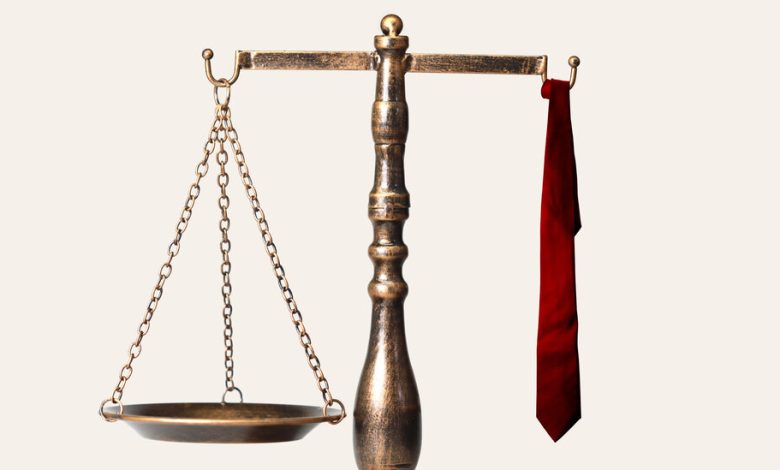How to Get Voters the Facts They Need Without a Trump Jan. 6 Trial

The Supreme Court’s belated decision this week regarding presidential immunity is a defeat for presidential accountability, leaving Donald Trump, the only former president for whom the question of criminal immunity has been pushed this far, escaping legal consequences before the general election for his actions involving efforts to overturn the 2020 election.
The decision carves out absolute immunity for core presidential functions, including ominously questionable interactions with the Justice Department alleged to be illegal in the indictment from the special counsel Jack Smith. The court also creates a presumption of immunity for other official actions alleged in the Smith indictment.
By not deciding the case more than six months ago, when Mr. Smith first raised the issue to the court, it has also provided Mr. Trump de facto immunity. The court clearly believed that it had to weigh in on the scope of criminal immunity for a former president. But it could have weighed in then; the court has kept the criminal case on hold since December.
But all is not lost. A trial might not happen, but a legal proceeding that will give voters some of what they want and need could still take place.
A full trial before the general election in November is surely off the table, but Judge Tanya Chutkan of U.S. District Court in Washington is now authorized to hold, in short order, an evidentiary hearing, replete with important witness testimony. That hearing would not replace a full trial and verdict — but at this point it is the best and last means to make public crucial evidence for voters to hear before Election Day.
With the stay lifted by the Supreme Court, Judge Chutkan can hold a prompt hearing on the key issues left open by the ruling: what allegations in the indictment are core official functions entitled to absolute immunity and which are not.